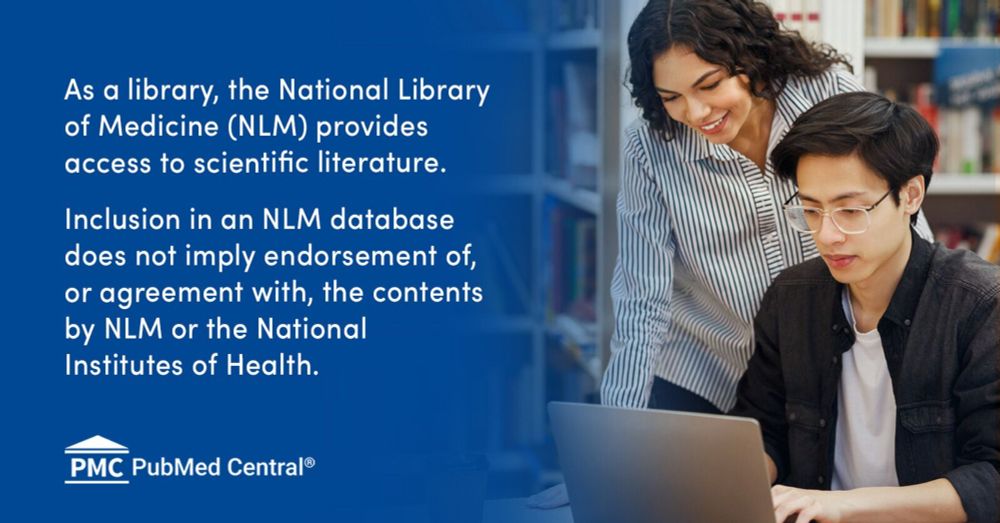pmc.ncbi.nlm.nih.gov/articles/PMC...

pmc.ncbi.nlm.nih.gov/articles/PMC...
PMID: 26412325 DOI: 10.1016/j.ccell.2015.08.012
PMID: 26412325 DOI: 10.1016/j.ccell.2015.08.012
youtu.be/ycvOtNOSUsM?...

youtu.be/ycvOtNOSUsM?...
PMID: 27293327 PMCID: PMC4888679 DOI: 10.4103/0972-2327.182303

PMID: 27293327 PMCID: PMC4888679 DOI: 10.4103/0972-2327.182303
pubmed.ncbi.nlm.nih.gov/40801614/

pubmed.ncbi.nlm.nih.gov/40801614/
www.sciencedirect.com/science/arti...

www.sciencedirect.com/science/arti...
trials.modernatx.com/study/?id=mR...
clinicaltrials.gov/study/NCT067...
trials.modernatx.com/study/?id=mR...
clinicaltrials.gov/study/NCT067...
www.mdpi.com/1999-4915/17...
www.mdpi.com/1999-4915/17...
www.sciencedirect.com/science/arti...
"It was concluded that B12 deficiency may cause autonomic dysfunction."
www.sciencedirect.com/science/arti...
"It was concluded that B12 deficiency may cause autonomic dysfunction."
www.nature.com/articles/s41...

www.nature.com/articles/s41...
pmc.ncbi.nlm.nih.gov/articles/PMC...

pmc.ncbi.nlm.nih.gov/articles/PMC...
clinicaltrials.gov/study/NCT068...
clinicaltrials.gov/study/NCT068...
rupress.org/jem/article/...




rupress.org/jem/article/...

www.aad.org/public/disea...
"When you see signs of changing skin and symptoms: These tend to occur months or years after you are bitten by a tick."
www.aad.org/public/disea...
"When you see signs of changing skin and symptoms: These tend to occur months or years after you are bitten by a tick."
longcovid.scripps.edu/locitt-t/?ut...
longcovid.scripps.edu/locitt-t/?ut...
pmc.ncbi.nlm.nih.gov/articles/PMC...

pmc.ncbi.nlm.nih.gov/articles/PMC...
www.frontiersin.org/journals/nut...

www.frontiersin.org/journals/nut...
scitechdaily.com/some-people-...

scitechdaily.com/some-people-...
pubmed.ncbi.nlm.nih.gov/17698907/

pubmed.ncbi.nlm.nih.gov/17698907/
pmc.ncbi.nlm.nih.gov/articles/PMC...

pmc.ncbi.nlm.nih.gov/articles/PMC...
pmc.ncbi.nlm.nih.gov/articles/PMC...

pmc.ncbi.nlm.nih.gov/articles/PMC...


